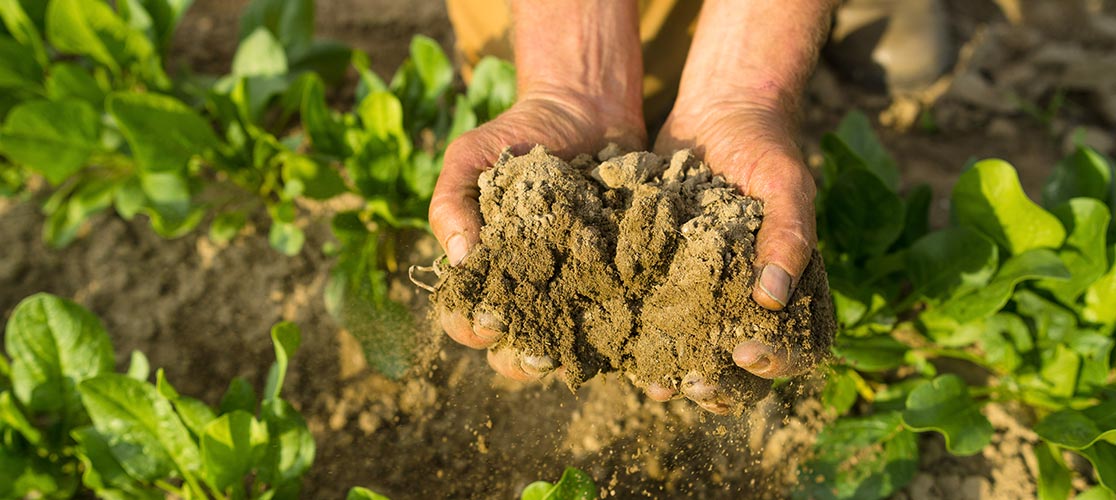
VT Food Security Roadmap: Objective A1
A1: Provide direct, easy-to-access financial support to farmers who provide essential services to Vermont
A1: Provide direct, easy-to-access financial support to farmers who provide essential services to Vermont

Vermont’s farmers are essential workers, whose services to Vermont residents encompass food production as well as ecological and social functions such as flood mitigation, carbon sequestration, and cultural stewardship.
Most Vermont farmers understand they are vulnerable to extreme conditions, but only 45% say they have the financial capacity to deal with the threats. Direct payments will provide a reliable bottom line for farmers to stay in business, provide for food security, and reduce risk and impact from climate change and other disruptions. Historical land and wage theft due to racism also leaves many farmers with fewer resources to grow a business than those allowed, over generations, to build and retain wealth or keep land and pass it down to heirs. Direct payments administered regardless of race or other social disadvantage will help, though direct payment that factor in historical disadvantage would be even better at achieving equity. This is an opportunity to prioritize Vermont’s cultural, agricultural, and environmental values by providing direct support to the farm families who feed us and care for our natural resources.
Keep in Mind
It is more expensive to farm in Vermont at a Vermont scale, and most of Vermont’s farm businesses do not benefit from federal farm subsidies and emergency aid due to farm size, diversification of products, or other factors. Paying farm owners allows for the possibility that farmworkers will make a livable wage.
Strategies marked with a ![]() are high-priority
are high-priority
Streamline the application and approval system for farmer support programs, including grants and, eventually, direct payments. Create two one-stop farmer application portals in Vermont; one for all state programs and one for all non-governmental programs.
Create a Vermont farm emergency fund and other innovative funding mechanisms to provide immediate support to Vermont farms following extreme weather events. Rapid, easily accessible funding supports can make the difference between business survival and failure when climate change–related events occur.
Establish a system of direct payments to Vermont farmers on the basis that they provide public goods to the state. Possible funding or incentive mechanisms include the Meals and Rooms Tax, development and impervious surface fees, or incentives such as a tiered tax through “Current Use” (Vermont’s Use Value Appraisal) program or new refundable tax credit programs.
“It is tough to grow good, healthy food with rising grain prices and everyone having less money to go around. Investing in our local food economy should be the focus so that farmers can keep farming and not have to worry about where the money is coming from to pay the bills, and they should be paid a fair wage for their work.”
“[We need] wealth-building for food system workers (local farm workers, migrant farm workers, food service industry [workers])."
“[S]et aside funding to help farms and food pantries pivot when insecurities arise and they need to change their business model/operations.”
“[…]I haven't really raised my prices in many, many years, and the cost of everything has gone up. I want lower income people to have access to organic, nutrient dense food, and so how do I still make a living and make my product affordable?”
“The prices of food in the food store reflect government subsidies to large ag companies. The small Vermont farmer doesn’t have a chance to compete with those prices, especially if they want to grow food ethically.”
“Food insecurity is a function of financial insecurity. Many farmers also struggle with financial insecurity.”